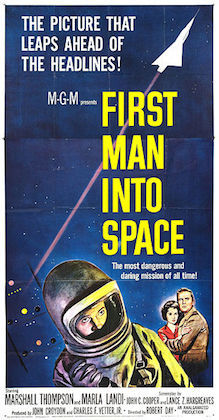King Kong (1933) Horror Movie Review | The Hellish Horrors of Humanities' Hubris
- Hound of Hellish Horror
- Oct 12, 2022
- 1 min read
Updated: Oct 21, 2022

Forever enshrined in our cultural consciousness, King Kong's enduring legacy, aside from spectacular special effects, is the tragic tale of humankind's hubris pulsing poignantly at its heart.
Using this subtext as the chilling catalyst, we arrive at the marvelous creature's gut-wrenching extinction with a sickening sense of predictability.
Through its awe-inspiring practical effects, menacing sense of scale, and thunderously imposing stop-motion movement, Kong forms one of horror's most frighteningly formidable foes. Yet scarier still is how the human race considers its colossal scientific phenomenon upon discovery.
From a visual perspective, Willis O'Brien's stop-motion handy work does an incredible job of capturing the great ape's gargantuan-sized proportions. But only through the towering creature's heartbreaking moments of writhing pain and viscerally relatable fear do we connect on an emotional wavelength.
From Kong's wounded expressions when bombarded by gas bombs to the creature's lingering facial shot filled with frightful bewilderment at the film's dramatic climax, right before falling from the empire state, never before nor since has cinema forced us to sympathize in such a meaningly way. A metaphor, perhaps, for the ruthlessly destructive age of colonialism.
In many ways, King Kong remains culturally relevant and timeless today because of its powerfully impactful premise, which continues to evoke deep sentimentalities while offering a painful window into the horrors of humankind's occasional hubris.
That concludes our King Kong review. Fancy feasting on more classic horror? Why not check out The Bride of Frankenstein?



Comments